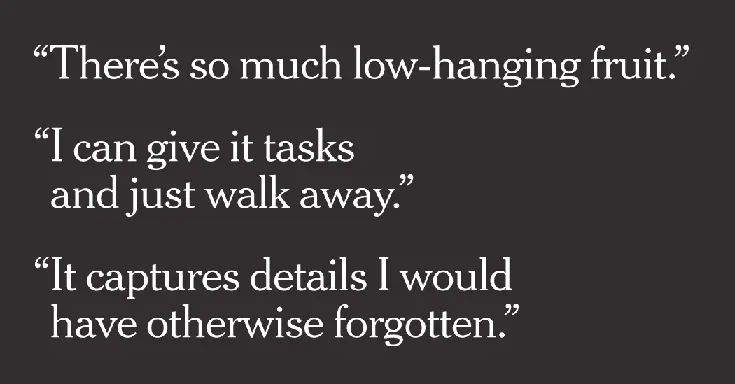T4K3.news
Disturbing facts prompt public reflection
A curated look at why readers seek and regret disturbing knowledge, and how media should handle such material.

A editorial look at why people seek and also regret the most shocking facts shared online.
The Burden of Disturbing Facts We Share
A popular online thread gathers 65 facts that readers say they regret learning. The list covers history, health, crime, and science, showing how facts can both enlighten and haunt. The post invites readers to comment on which items they wish they could forget and frames knowledge as a burden as well as a boon.
The piece weighs how such material is presented and why audiences are drawn to it. It notes the need for careful framing, credible context, and reminders of what action can follow from awareness. It also points to the responsibility of platforms and writers to avoid sensationalism while still raising important concerns.
Key Takeaways
"Learning the worst truths should not be a sport for clicks"
A reaction to the culture of sharing disturbing facts
"Knowledge can weigh more than it enlightens"
A concise assessment of the burden of learning
"History reminds us that power can harm the vulnerable"
A historical perspective on ethics in science and policy
"Privacy and data are not free to use as entertainment"
Comment on the data privacy discussion linked to the thread
These items reveal a broader pattern in modern media: people seek truth, yet fear its consequences. Disturbing facts can mobilize care and reform when anchored in history and policy, not merely in shock value. Historical examples like Tuskegee and the Nanking massacre remind us that science and power can harm the vulnerable, making ethical guardrails essential.
Editors and readers alike face a dilemma. If we overexpose trauma, we risk desensitization; if we underexpose, we fail the public who deserves accountability. A responsible approach highlights context, offers guidance for action, and distinguishes between raw data and the stories that shape policy and everyday choices.
Highlights
- Learning the worst truths should not be a sport for clicks
- Knowledge can weigh more than it enlightens
- History reminds us that power can harm the vulnerable
- Privacy and data are not free to use as entertainment
Sensitive content risk
The piece engages with topics of violence, abuse, and systemic harm. It could distress readers and raises questions about how such material is selected and framed for public consumption. The analysis also touches on privacy concerns and historical trauma linked to medical and social ethics, which may trigger strong reactions.
Curiosity benefits when it meets responsibility and empathy
Enjoyed this? Let your friends know!
Related News

New insights on the challenges of generative AI

Trump's Latest Claims Spark Controversy

Dating App User Cuts Ties With Bryan Kohberger

William McNeil speaks out after violent arrest

OpenAI maps a broader future after GPT-5

AI tools expand in workplaces

Grok chatbot faces backlash after controversial remarks

Retired wrestler Hulk Hogan dies at 71 from cardiac arrest
